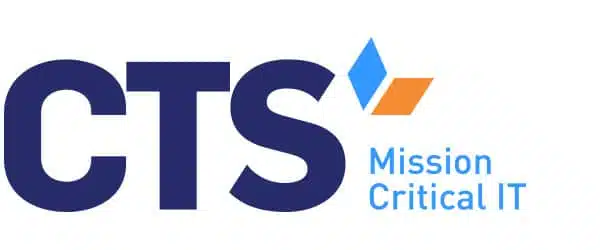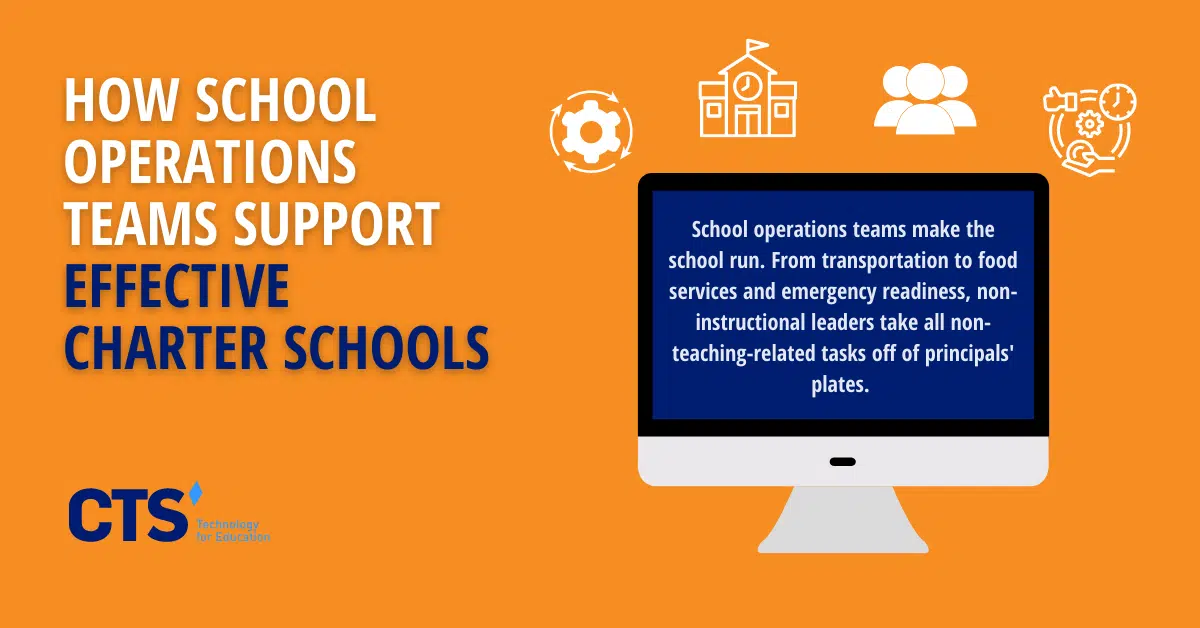School operations teams take non-instructional tasks off of school leaders’ and teachers’ plates.
In traditional public schools, principals and assistant principals focus on more than just teaching and learning. From fire drills and budgeting to school food, field trips, and sports, assistant principals–many of whom are former teachers themselves–tend to spend the bulk of their time managing non-instructional domains. In the process, they become increasingly disassociated from both students and, most importantly, teachers’ instructional practices.
For many of these assistant principals, their time would be better spent observing and providing feedback on what they know best: classroom instruction. We wouldn’t ask a doctor to conduct a deposition in anticipation of a trial, nor would we ask a truck driver to suit-up for a complex surgery; yet upon their promotion to assistant principal, we routinely ask teachers to become Excel wizards, logistical powerhouses, and state and local compliance experts.
To resolve this dilemma and, ultimately, improve school programming, public charter schools have adopted a different approach. Rather than a traditional leadership structure with a principal at the top and any number of assistant principals “beneath” them, most charter schools embrace something of a co-leadership model, in which the principal retains ownership of all instructional domains and serves as the “face” of the school, while a second individual, typically called the “director of operations,” oversees all non-instructional aspects of school programming.
By clearly separating the instructional from the non-instructional in this manner, public charter schools allow their instructional leadership to focus exclusively on what’s happening in classrooms (e.g., observing teacher instructional and behavior management practices, interfacing with students’ families, and analyzing assessment data), while the school operations team takes care of the rest.
Overseeing a variety of domains, school operations teams ensure each school day runs smoothly.
The school operations team is typically responsible for a dizzying array of non-instructional tasks, including but not limited to school finance, student transitions (e.g., to and from lunch and recess, arrival, dismissal, etc.), human resources, student recruitment, and enrollment, transportation, food service, emergency readiness, field trips, student health, state and local compliance, technology, facilities management, purchasing, and any school-wide events that require significant logistical support (e.g., pep rallies, Back to School Night, parent-teacher conferences).
Successful execution of the tasks that comprise each of these distinct workstreams is critical to the overall health of the school. A disorderly arrival, for example, can lead to an unruly first-period class; similarly, hungry students or those who arrive late due to a bus mishap are less likely to succeed academically. In this sense, the work of the school operations team, while formally separate from that of instructional leadership and teachers, is actually deeply entwined with students’ academic achievement.
Perhaps most importantly, by taking non-instructional tasks off of teachers’ and principals’ plates, school operations teams create space for these individuals to focus exclusively on student learning. Rather than creating a complex “master schedule” prior to the start of each school year, for example, a principal can instead focus on recruiting and retaining strong classroom teachers. Rather than worrying about whether the school has enough Chromebooks for the upcoming year, an assistant principal can begin developing a year-long professional development curriculum for the school’s teachers. And, finally, rather than scrambling to comply with a complex matrix of state and local regulations, a principal can go home a few minutes early, knowing that the school operations team will manage any compliance issues that arise.
More than just helping school principals reduce the number of items on their list of daily to-dos, school operations teams also relieve stress from already overworked, often underpaid, school administrators and teachers, helping support a level of work-life balance often lacking in schools without a non-instructional team.
At CTS, we take care of the technology so that principals and teachers can focus on instruction.
Comprised of former school operations team members and individuals with decades of experience in educational technology, CTS takes care of schools’ technology needs so that principals and teachers can focus on instruction. We also support the work of school operations teams, shifting team members’ roles from IT technician to vendor manager while delivering consistently high-quality technology services that support and enhance the school’s unique instructional design.
From E-rate bid implementation to Chromebook inventory best practices, purchasing support, and daily troubleshooting, our team has the technical know-how and capacity to support schools of all sizes, both established and new. Our transparent pricing also allows school operations teams to better manage their budgets, giving them the confidence they need to devote scarce financial resources to other instructional and non-instructional priorities. Contact us today to learn more about our services and how we can help your school achieve its unique mission.




